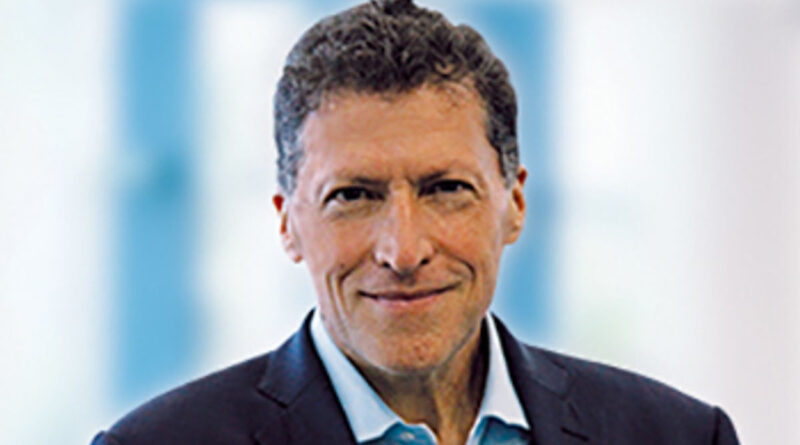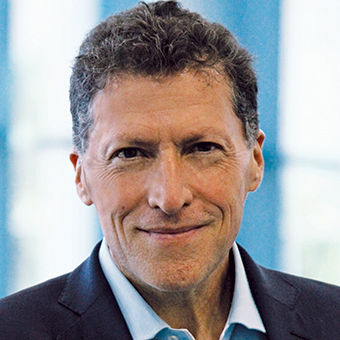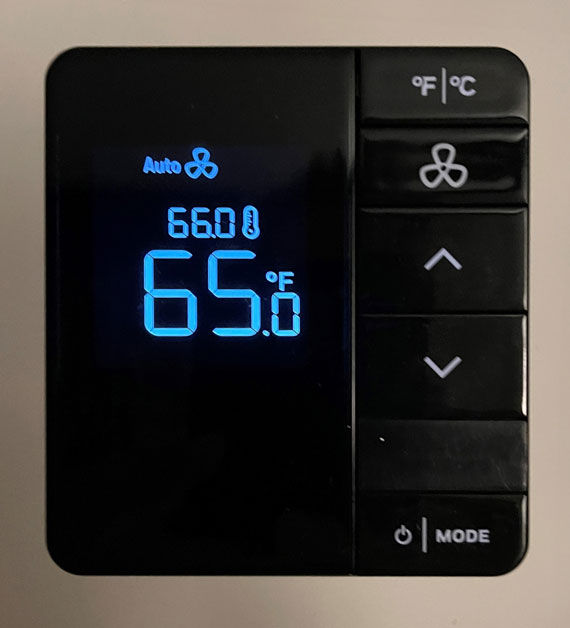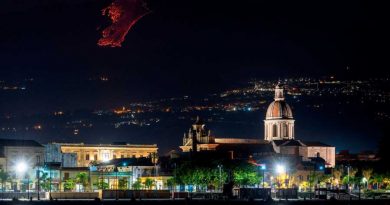Junk fees? We'll show you junk fees!
Walking to the hotel registration desk at 10 a.m., I knew I was arriving well before customary check-in time, but I was hoping my room might be available.
My room was indeed open, and the woman at the reception desk said I could have it early.
For $25.
“Even if I’m Bonvoy Gold?”
“Yes, that’s right.”
Although I had never before encountered an early access fee for a room that was otherwise sitting empty, I recognized that I had, after all, arrived six hours before check-in, and the incremental cost, prorated, was certainly less per hour than I was paying at the daily rate. The $25 charge didn’t seem particularly hospitable, but neither was it wholly unreasonable. I paid.
I suppose I shouldn’t be surprised that, when it comes to charging fees, Las Vegas would see it and raise it. Three days later, I had a short stay at the Paris Las Vegas, arriving at midnight and leaving around noon the next day. Checkout time was 11 a.m., so I asked if I could extend my checkout by an hour. After a short pause to check availability, the answer was yes. For a fee that was considerably more than the prorated hourly cost of my stay. I was told that I could, for an even greater sum, stay two hours.
It used to be that a hotel that charged by the hour suggested that it was, well, a certain type of hotel. The rate quoted seemed unreasonable. Aggressive, even. What could have been an opportunity to be hospitable became something that appeared uncaring and greedy and had me resentfully wondering whether, if they were charging by the hour, shouldn’t they adjust my rate downward to account for my arrival eight hours after check-in time?
Of course, I wouldn’t have these thoughts if the whole thing didn’t feel like such an egregious squeeze. And I suppose I should count my blessings: the offer still reflected better value than the Paris Las Vegas mandatory $52.10 resort fee, which includes phone calls (should I lose my phone, I guess) and a fitness center that was closed for all but two hours of my stay.
(I once asked a casino resort executive why hotel fitness centers open late and close early, relative to gyms elsewhere. “They’re a cost center, and they keep people from profit centers,” was the reply.)
The president is putting a spotlight on what he calls “junk fees,” and it’s as if Caesars Entertainment, the Paris Las Vegas’ parent, is working in concert with his re-election committee to prove his point. More than the money-grubbing aspect, it has me a bit worried that little courtesies are on the road to extinction. These practices have a way of taking root and spreading.
Incidentally, I don’t mind paying for something that has commensurate value. Just two days after checking out of Paris Las Vegas, I paid, ungrudgingly, a half-day rate to extend my stay at the Mandarin Oriental in Singapore for nine hours. But the relentless erosion of hospitality as exemplified by Paris Las Vegas to eke out a percentage point or two of profit is, writ large, concerning.
• • •
And while on the subject of self-defeating hotel activity: I had pointed out last week that hotels that wave a green flag to call attention to their sustainability efforts nonetheless seem, for some reason, to set the thermostat of empty rooms at uncomfortably low temperatures, mindlessly consuming energy that costs them money and that leave guests reaching for a sweater shortly after they enter their room. There were two thermostats in my room at the Paris Las Vegas, one set at 65 degrees and the other at 66.
Perhaps a social media campaign might help? The next time it happens when you check in, let the hotel’s parent brand know. I’m thinking something like “Hey @caesarsentertainment #I’mFrozenOut in Paris Las Vegas,” with a photo of what the thermostat was set at when checking in.
You’ll be doing both the planet and the brand a favor. And who knows? The money they save on energy may even reduce their inclination to nickel and dime you to death.
Source: Read Full Article





